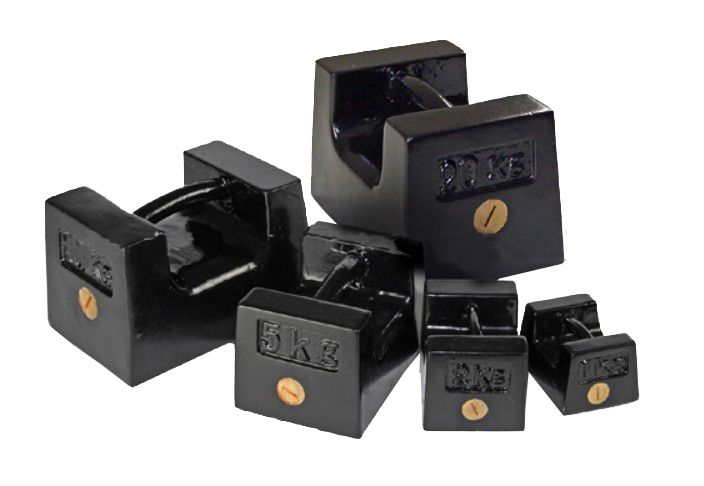




Precio FOB
Obtener el precio más reciente0 ~ 1 USD ( Negotiable )
|1000 Piece Minimum Order
País:
China
N º de Modelo:
Cast iron weights
Precio FOB:
0 ~ 1 USD ( Negotiable ) Obtener el precio más reciente
Lugar de origen:
-
Precio de pedido mínimo:
-
Cantidad de pedido mínimo:
1000 Piece
Detalle de embalaje:
carton box
El tiempo de entrega:
Within 10 working days after confirmed the payment
Capacidad de suministro:
1000 Ton per Month
Tipo de pago:
Other, PayPal, Money Gram, Western Union, T/T
Grupo de productos :
Persona de contacto Mr. BiBo
Room 1308, North of Building Xiehe Plaza, Jiaxing City, Zhejiang
What is Cast
iron?
Cast Iron is iron or a ferrous alloy which has been heated until it
liquefies, and is then poured into a mould to solidify. It is
usually made from pig iron. The alloy constituents affect its color
when fractured: white cast iron has carbide impurities which allow
cracks to pass straight through. Grey cast iron has graphitic
flakes which deflect a passing crack and initiate countless new
cracks as the material breaks.
Carbon (C) and silicon (Si) are the main alloying elements, with
the amount ranging from 2.1–4 wt% and 1–3 wt%, respectively. Iron
alloys with less carbon content are known as steel. While this
technically makes these base alloys ternary Fe–C–Si alloys, the
principle of cast iron solidification is understood from the binary
iron–carbon phase diagram.
Alloying
elements
Cast iron's properties are changed by adding various alloying
elements, or alloyants. Next to carbon, silicon is the most
important alloyant because it forces carbon out of solution.
Instead the carbon forms graphite which results in a softer iron,
reduces shrinkage, lowers strength, and decreases density. Sulfur,
when present, forms iron sulfide, which prevents the formation of
graphite and increases hardness. The manganese sulfide is lighter
than the melt so it tends to float out of the melt and into the
slag. The amount of manganese required to neutralize sulfur is 1.7
× sulfur content + 0.3%. If more than this amount of manganese is
added, then manganese carbide forms, which increases hardness and
chilling, except in grey iron, where up to 1% of manganese
increases strength and density.
Grey cast
iron
Grey cast iron is characterized by its graphitic microstructure,
which causes fractures of the material to have a grey appearance.
It is the most commonly used cast iron and the most widely used
cast material based on weight. Most cast irons have a chemical
composition of 2.5–4.0% carbon, 1–3% silicon, and the remainder is
iron. Grey cast iron has less tensile strength and shock resistance
than steel, but its compressive strength is comparable to low and
medium carbon steel.
Specification
Cast iron rectangular
weights
| Material | Cast iron |
| Class | M1, M2 |
| Nominal value | 1kg****0kg |
| Density | 7.2g/cm3 |
| País: | China |
| N º de Modelo: | Cast iron weights |
| Precio FOB: | 0 ~ 1 ( Negotiable ) Obtener el precio más reciente |
| Lugar de origen: | - |
| Precio de pedido mínimo: | - |
| Cantidad de pedido mínimo: | 1000 Piece |
| Detalle de embalaje: | carton box |
| El tiempo de entrega: | Within 10 working days after confirmed the payment |
| Capacidad de suministro: | 1000 Ton per Month |
| Tipo de pago: | Other, PayPal, Money Gram, Western Union, T/T |
| Grupo de productos : | Cast Iron Weights |